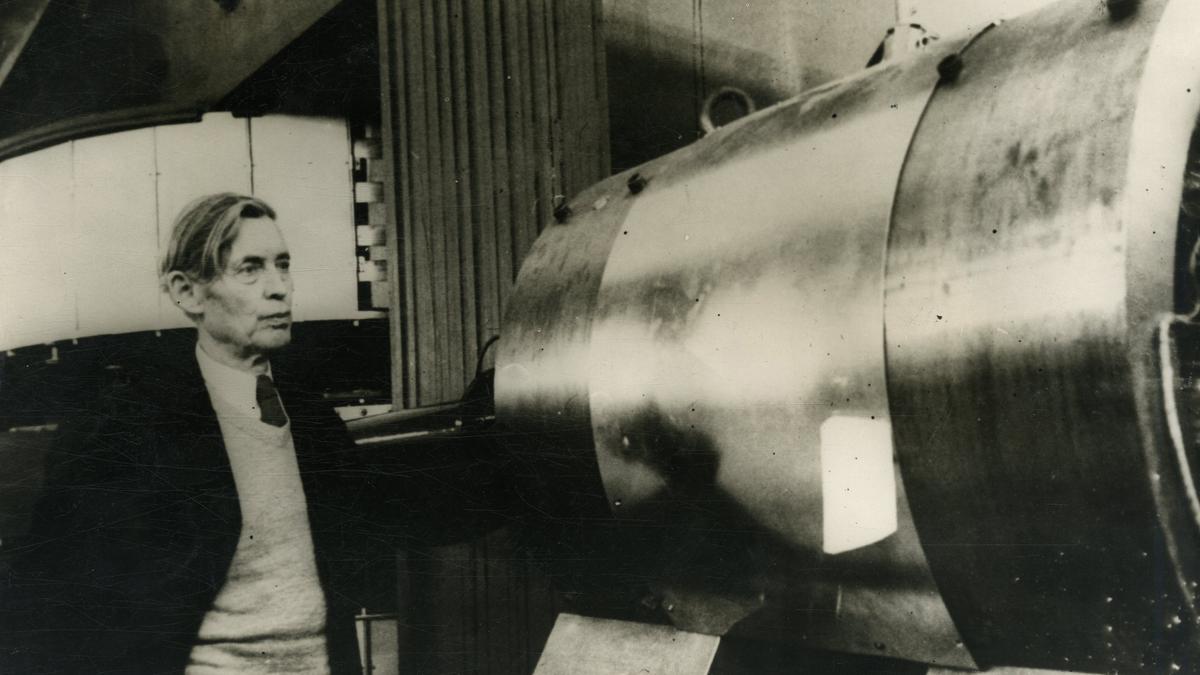[ad_1]

Representational image. File
| Photo Credit: B. Jothi Ramalingam
How is Tamil Nadu placed?
The Indian Space Research Organisation (ISRO) has established an ISRO propulsion complex (IRPC) in Mahendragiri of Tirunelveli district. Apart from handling and testing earth storable propellant engines, cryogenic engines and stages for launch vehicles, the IRPC conducts research and development (R&D) and technology development programmes. ISRO is also establishing the country’s second spaceport at Kulasekarapattinam in Thoothukudi. This strategic initiative aims to enhance India’s space capabilities and facilitate satellite launches. The State is also home to various space startups, which are working on subdomains such as launch vehicles, reusable launch vehicles, in-space refuelling, in-space manufacturing and multi-payload data fusion from satellites, as per the Space Industrial Policy. Additionally, the National Institute of Technology (NIT), Tiruchi, hosts the southern region’s Space Technology Incubation Centre (STIC), playing a pivotal role in undertaking developmental projects of the ISRO.
What triggered the policy?
The Indian National Space Promotion and Authorisation Centre (IN-SPACe), a body created by the Department of Space at the Centre for promoting, authorising and overseeing the activities of Non-Government Entities (NGEs) in the sector, had suggested to the State government to come out with a document, says a senior official.
Even as the State government produced the Aerospace and Defence (A&D) Industrial Policy three years ago, it identified space as one of the priority areas. Additionally, the State has a vendor base with over 250 vendors catering to the requirements of the ISRO. The Tamil Nadu Industrial Development Corporation (TIDCO) has signed a Memorandum of Understanding with IN-SPACe to enable startups and established companies to launch manufacturing related activities and services, design and R&D, strategic electronics manufacturing and space-grade components.
What does Policy want to achieve?
Aimed at attracting ₹10,000 crore investments in the next five years, the document, according to the government, may pave the way for the generation of direct and indirect employment for nearly 10,000 persons in the given period.
The Policy has been prepared, keeping in mind the need for leveraging the State’s strengths in electronics, precision manufacturing and related sectors, and integrating space technologies into Tamil Nadu’s governance to improve citizens’ quality of life. Space technologies have immense applications in departments such as disaster management, fisheries, agriculture, transport, revenue, health, and municipal administration.
The State government would provide a payroll subsidy for companies that are involved in R&D or that would establish global capability centres in the space sector. The government will also notify select regions as Space Bays for offering structured packages of incentives to firms that plan to do investments below ₹300 crore. Additionally, space industrial park developers will be eligible for an industrial housing incentive of 10% on the cost of developing residential facilities within the industrial park over 10 years, subject to a ceiling of ₹10 crore. Those undertaking green and sustainable initiatives will be eligible for a 25% subsidy on the cost of capital for such initiatives, subject to a ceiling of ₹5 crore.
Published – May 26, 2025 08:30 am IST
[ad_2]
Source link




